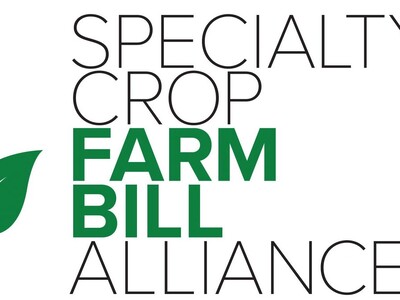Manure Recommendations & Stripe Rust
Manure Recommendations & Stripe Rust
I’m Lacy Gray with Washington Ag Today.
On January 11th directors of the Department of Agriculture, Department of Ecology, and the Conservation Commission issued a formal response to a September 28th letter from Governor Gregoire which directed the Departments of Agriculture, Health, and Ecology, Conservation Commission and Puget Sound Partnership directors to develop legislation for the 2013 legislative session addressing proposed gaps in the state's regulation of nutrient management. In their response the three directors have recommended that no legislation be pursued this year. Instead, they offer seven recommendations that include implementing the Voluntary Stewardship Program as a way to address water quality problems, better communication with stakeholders on proposed water quality regulations, and the use of existing laws and regulations to address the state’s current water quality issues.
Due to the very mild winter so far, Xianming Chen, ARS plant pathologist in Pullman, says wheat varieties that are highly susceptible to stripe rust may see yield losses of nearly 41 percent. That’s lower than last year’s earliest forecast of 47 percent yield losses. Winter wheat varieties resistant to stripe rust could see half the loss of some of the more highly susceptible spring wheat varieties.
CHEN: Experimental fields that the planting of (spring wheat) - some of these are very susceptible wheat lands.
Chen stated that in tests the Washington State University soft white spring wheat variety Babe showed more rust than expected. Chen will make his next forecast in early March and will consider at that time whether growers should make a fungicide application along with their herbicide.
I’m Lacy Gray and that’s Washington Ag Today on the Ag Information Network.















